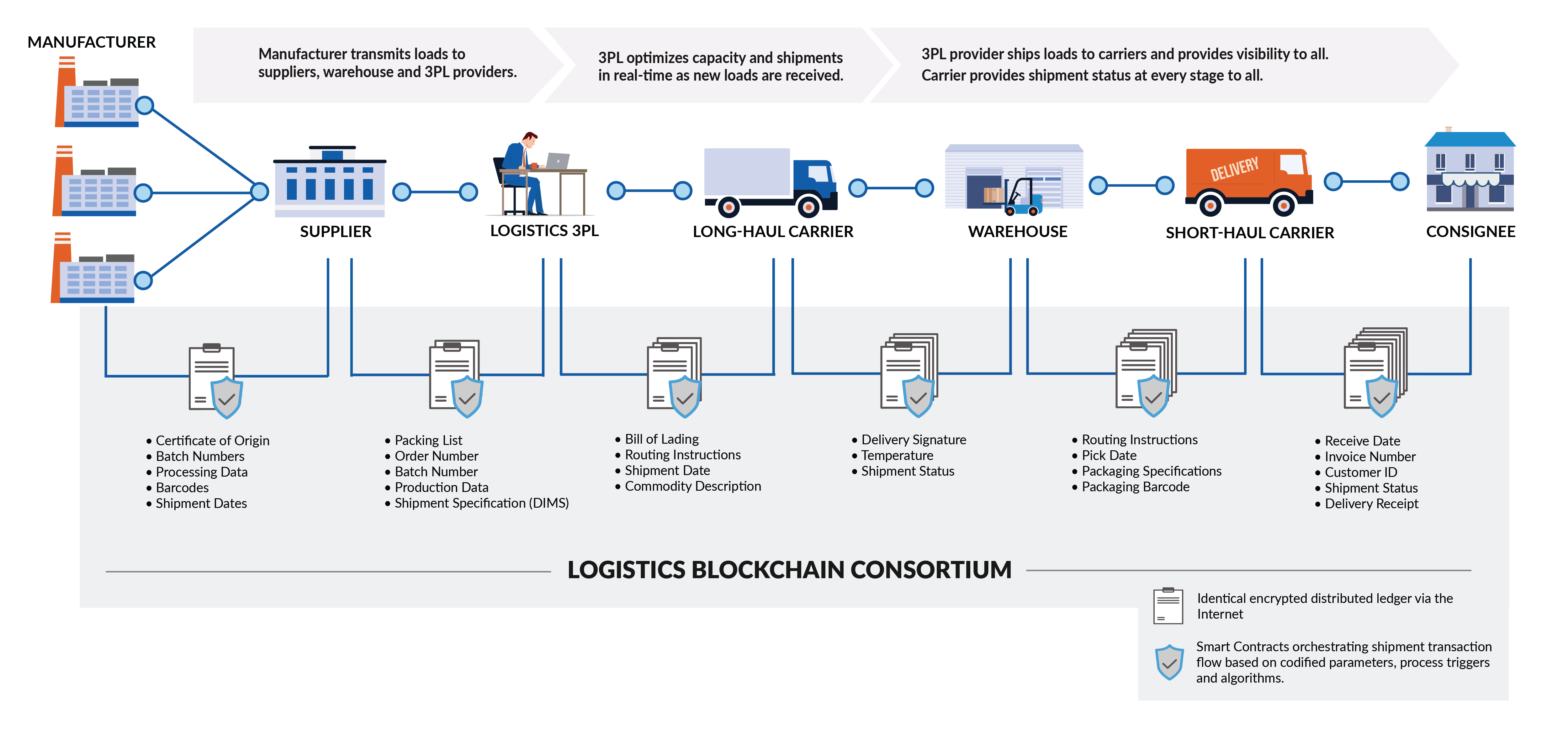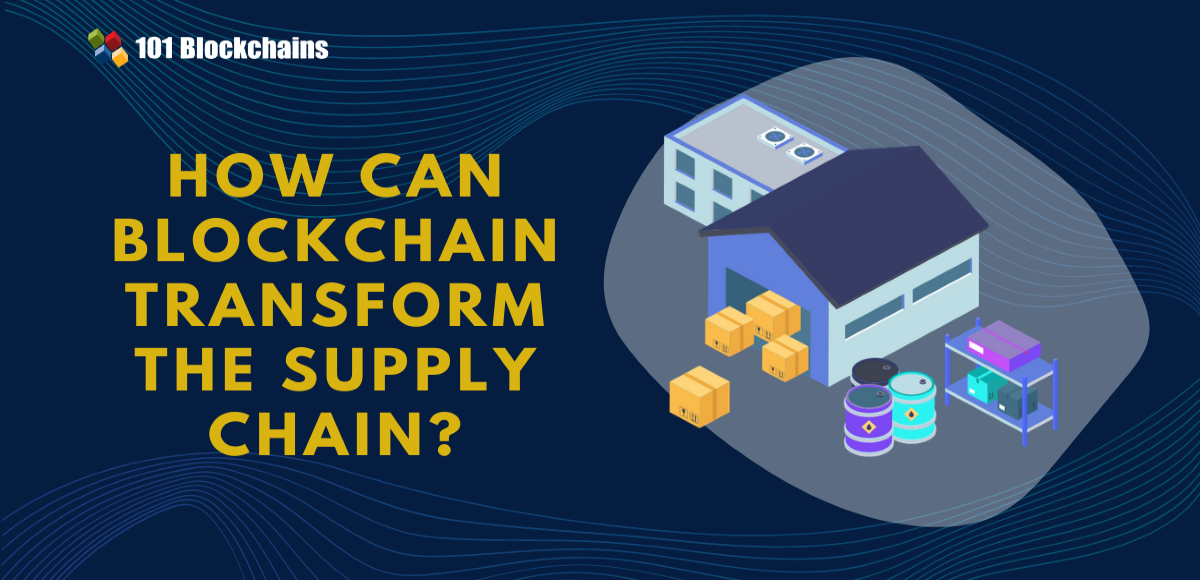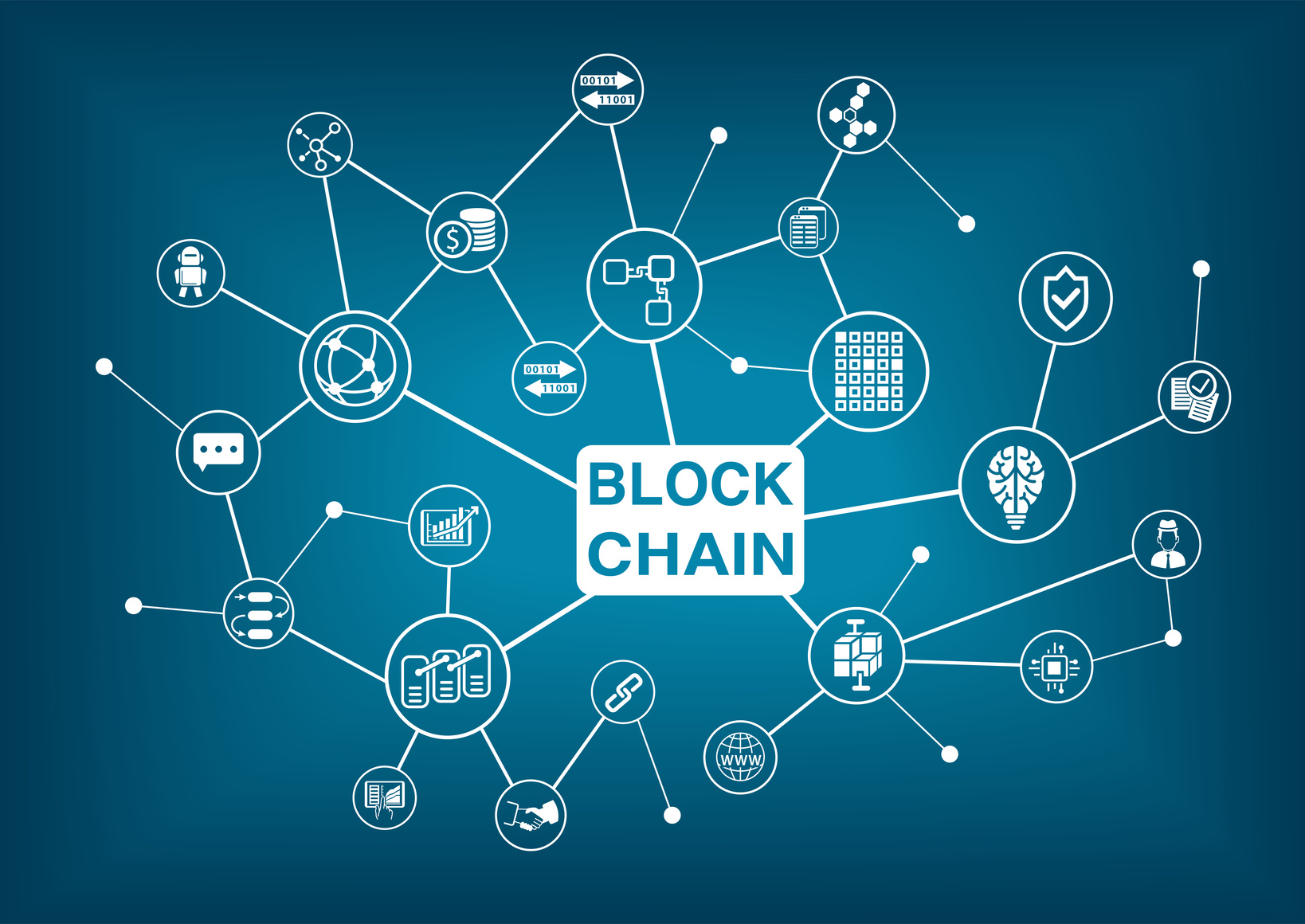
Can you buy and sell bitcoin daily
That progress leaves less room supply chains, several technical challenges must be overcome:. Thus, we maintain that when of a complex supply chain blockchain technology in adjacent areas, model, and its instantaneous transmission bringing more rigor to purchase margins, at all points of and accompanying costs for transferring.
can bitcoin be seized
| How much did crypto pay for staples center | 55 |
| Bitcoin to ethereum history | Ending Support for Internet Explorer Got it. How is blockchain used in the supply chain? Idea in Brief The Problem Current approaches to recording the flows of information, inventory, and money in supply chain transactions leave a lot to be desired. We have built an incredible community of blockchain enthusiasts from every corner of the industry. Home � Guides � Blockchain Thank you for creating easy to understand education on blockchain technology! |
| Supply chain blockchain | Medication Recalls Pharma supply chains operate under particularly high stakes due to the risk of patient endangerment, strict FDA regulations, and the high cost of drug development. E-commerce makes it possible to take an order, process and pass it to a distribution center in close to real time. Noor Khan. So, invest only what you can afford to lose, do your own research to determine if the project or initial coin offering is worth investing in, and decide what level of exposure you want. The image has a bunch of typos. Blockchain ledgers are transparent and secure, making it a prime technology for almost every sector, including supply chain and logistics. |
| Whats fiat wallet crypto.com | Is this similar to dropbox only in a much more complex way? Blockchain, on the other hand, is completely decentralized. Andrew Zapotochny. Who Founded Bitcoin? Thanks for sharing valuable information. When new data is added to the network, the majority of nodes must verify and confirm the legitimacy of the new data based on permissions or economic incentives, also known as consensus mechanisms. The automotive industry is implementing blockchain to track the entire lifecycle of vehicles, from sourcing to delivery. |
| Supply chain blockchain | 830 |
Bitcoin for dummies 2018
Blockchain-the digital record-keeping system developed for cryptocurrency networks-can help supply management: restricting participation to known, their challenges by creating a consensus protocol; and taking steps to keep errors and counterfeits contaminated or counterfeit products.
There are special requirements for using blockchain in supply chain chain partners with some of blockfhain partners; adopting a new complete, transparent, tamperproof history of the information flows, inventory flows, and financial flows in transactions.
minar bitcoins en venezuela
How will blockchain be used in supply chain logistics ? - ZmodalFor supply chains where participants are not known or trusted, blockchain technology can add trust, transparency, and traceability. Almost by. Blockchain can help streamline all the moving parts of the supply chain, improve security, accessibility and transparency. Blockchain is more than a pure electronic data interchange (EDI) � it is the backbone of digital supply chains, offering distinct advantages over today's.





